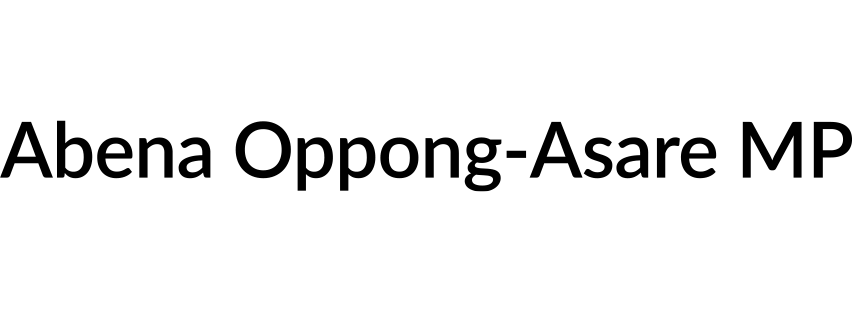New Kitchen at the Javan Coker Foundation
I was also very pleased to join the Javan Coker Foundation (JCF) this month as they celebrated the installation of their newly refurbished kitchen at the JCF centre.
Alongside the Council Leader, Cllr Anthony Okereke, it was lovely to join the team for the opening and hear about all the great work they have been doing to support children and families in need.
If you would like to find out more about the charity and what they are doing in our community, then you can find their website here: https://www.thejavancokerfoundation.org/.



